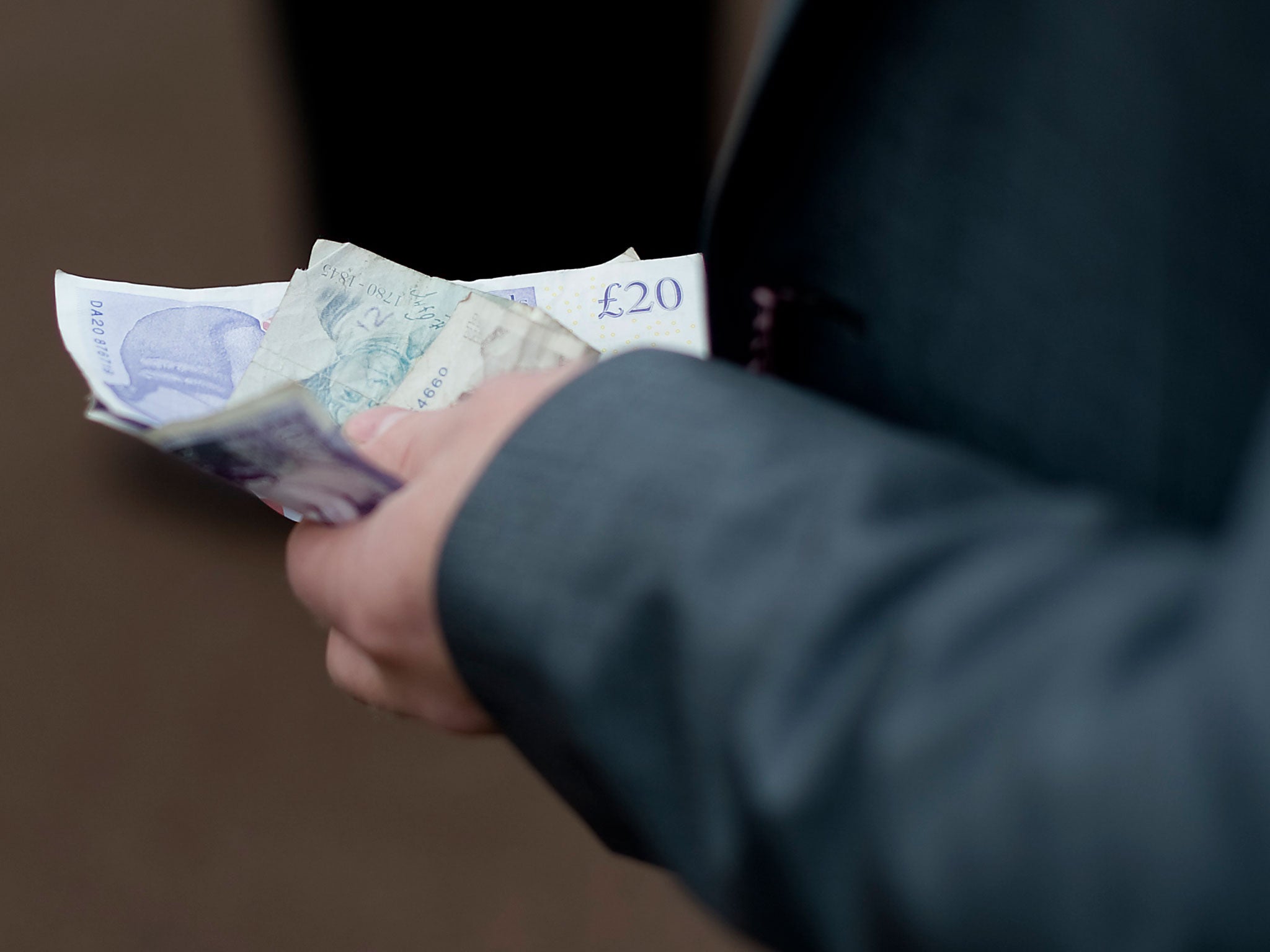Nearly a quarter of people could not find £200 in an emergency, report suggests
The report confirms the old adage that 'the rich get richer as the poor get poorer'

Your support helps us to tell the story
From reproductive rights to climate change to Big Tech, The Independent is on the ground when the story is developing. Whether it's investigating the financials of Elon Musk's pro-Trump PAC or producing our latest documentary, 'The A Word', which shines a light on the American women fighting for reproductive rights, we know how important it is to parse out the facts from the messaging.
At such a critical moment in US history, we need reporters on the ground. Your donation allows us to keep sending journalists to speak to both sides of the story.
The Independent is trusted by Americans across the entire political spectrum. And unlike many other quality news outlets, we choose not to lock Americans out of our reporting and analysis with paywalls. We believe quality journalism should be available to everyone, paid for by those who can afford it.
Your support makes all the difference.Nearly a quarter of people would be unable to find £200 in an emergency. One in six said they would have to borrow the cash, with a further 8 per cent saying they simply could not pay, according to the latest Financial Inclusion report from the University of Birmingham.
Meanwhile most people have continued to cut back on their spending, despite recent signs of recovery for the economy.
The report confirms the old adage that “the rich get richer as the poor get poorer” as it finds that while those at the top of the pile are seeing marked improvements in their financial situations, things are getting worse for people at the bottom.
Karen Rowlingson, professor of social policy at the University of Birmingham, said: “We are experiencing a three-speed recovery.
“A lucky minority at the top are steaming ahead, benefiting from the current low interest rates and the return to growth to increase their savings, while those in the middle are standing still, finding things difficult but adapting to more austere times.
“Those at the bottom are going into reverse, really struggling and getting further into debt.” Almost two-thirds of households have unsecured credit, with a quarter of the population owing more than they have in savings. Nearly one in five people with debt say it’s a “heavy burden”.
Underlining that view is the dramatic increase in the use of food banks in the last few years, from 61,000 people in 2010-11 to just under one million in 2013-14.
And there are further woes ahead, warned the report’s co-author Stephen McKay, professor of social research at the University of Lincoln. “Increases in interest rates are likely and this will hurt those owing money, while changes to welfare benefits will only start to show up in the data in the coming months.”
Join our commenting forum
Join thought-provoking conversations, follow other Independent readers and see their replies
Comments